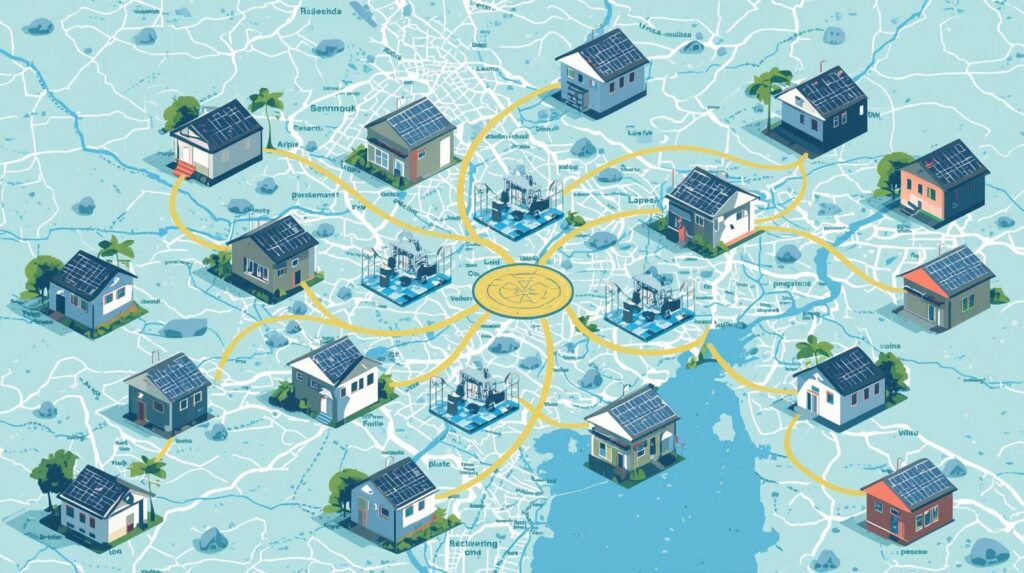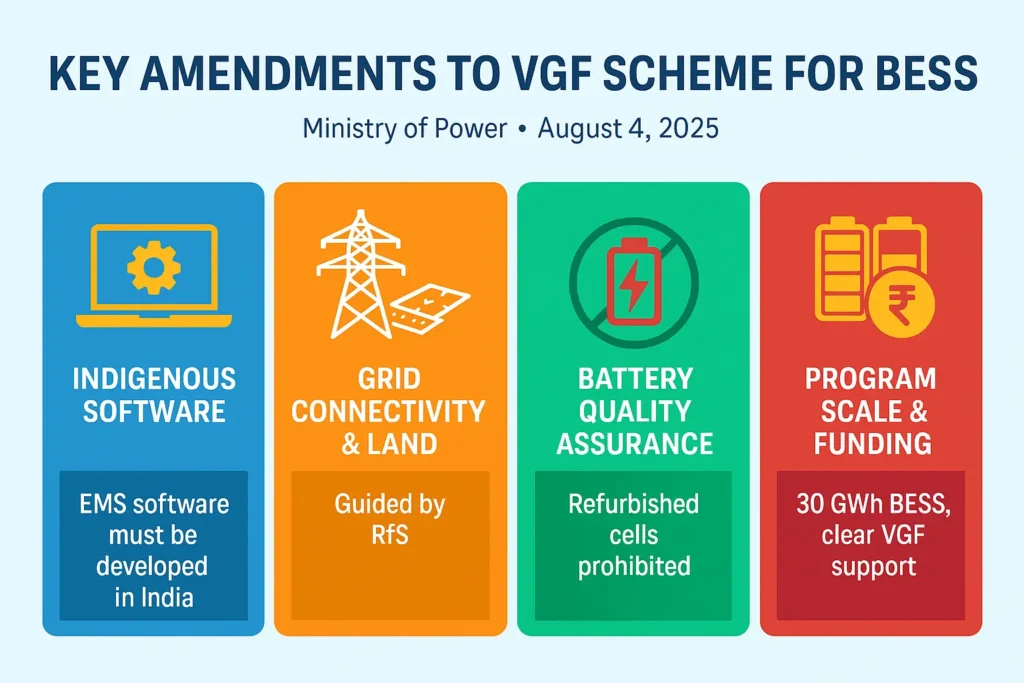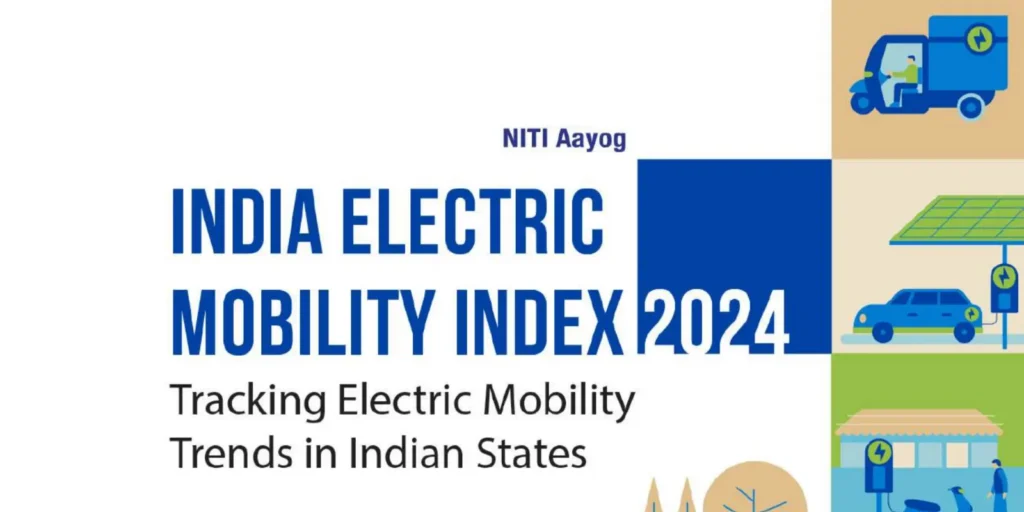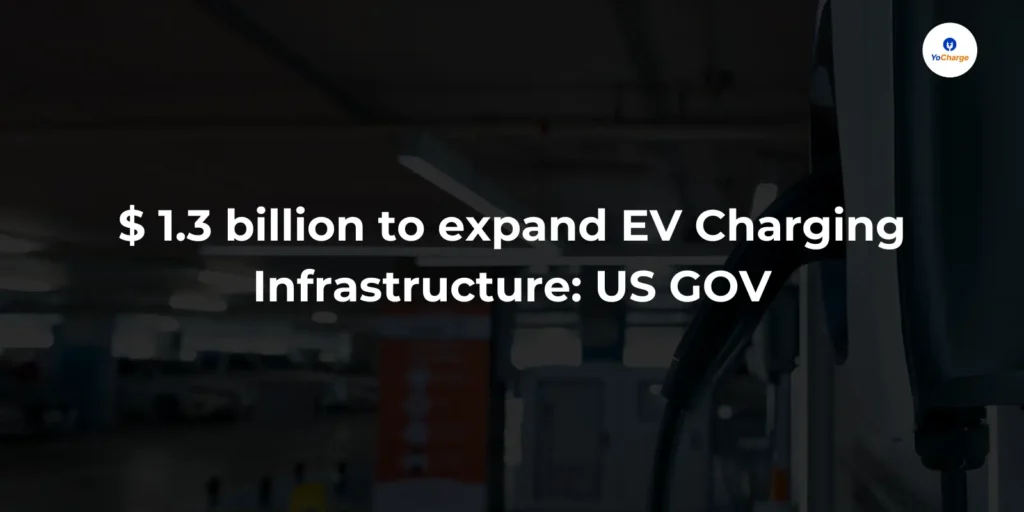
The Biden-Harris Administration has opened applications for a historic $1.3 billion funding opportunity for electric vehicle (EV) charging and alternative-fueling infrastructure in urban and rural communities and along designated highways, interstates, and major roadways.
This is the largest single grant funding opportunity for EV charging in the nation’s history and is set to transform urban and rural communities alike, ensuring that EV drivers can charge their vehicles easily and conveniently wherever they are.
State Funding Programs for EV Infrastructure in USA
On November 15, 2021, President Biden signed the Infrastructure Investment and Jobs Act (IIJA) (Public Law 117-58, also known as the “Bipartisan Infrastructure Law”) into law. The Bipartisan Infrastructure Law is the largest long-term investment in our infrastructure and economy in USA’s history. It provides $550 billion over fiscal years 2022 through 2026 in new Federal investment in infrastructure, including in roads, bridges, and mass transit, water infrastructure, resilience, and broadband.
The funding in electric vehicle infrastructure is made possible by the Bipartisan Infrastructure Law’s signature EV charging investments. This namely includes two main programs:
- Charging and Fueling Infrastructure (CFI) Discretionary Grant Program ($2.5 Billion USD)
- National Electric Vehicle Infrastructure (NEVI) Formula Program ($5 Billion USD)
CFI Program
The Charging and Fueling Infrastructure Discretionary Grant Program (CFI Program) is a competitive grant program created by President Biden’s Bipartisan Infrastructure Law to strategically deploy publicly accessible electric vehicle charging and alternative fueling infrastructure in the places people live and work – urban and rural areas alike – in addition to along designated Alternative Fuel Corridors (AFCs).
This program provides two funding categories of grants:
- Community Charging and Alternative Fueling Grants (Community Program); and
- Charging and Alternative Fuel Corridor Grants (Corridor Program)
The Bipartisan Infrastructure Law provides $2.5 billion over five years for this program to strategically deploy electric vehicle (EV) charging infrastructure and other alternative fueling infrastructure projects in urban and rural communities in publicly accessible locations, including downtown areas and local neighborhoods, particularly in underserved and disadvantaged communities.
The CFI Round 2 NOFO offers up to $1.3 billion in funding for new applications and for previously submitted applications.
Previous Applications:
The previous round of CFI funding, released in January 2024, benefited 47 projects in 22 states and Puerto Rico, supporting construction of approximately 7,500 EV charging ports. Still, FHWA received applications for six times the amount of funding available. The $1.3 billion announcement reserves more than $520 million for some unselected first-round applicants who may be reconsidered for the current round of funding. FHWA will contact unselected round 1 applicants directly about this opportunity.
New Applications:
The CFI Round 2 NOFO announces availability of up to $800 million for new applications. New applications must follow the criteria and considerations outlined in the CFI Round 2 NOFO. These applications must be submitted in Grants.gov by midnight Eastern time on August 28, 2024.
Biden-Harris government’s $1.3 billion push for EV Charging Infrastructure
In May 2024, The government issued Notice of Funding Opportunity (NOFO) for CFI Round 2 that provides $1.3 billion in funding for new applications and for previously submitted applications. CFI also allows applicants not eligible for NEVI to get needed funding, which is critical to ensuring federal dollars help disadvantaged communities join the EV revolution.
Read Next
State, regional, Tribal, and local government entities can apply for the program. A key difference for EV charging projects in this round of funding is that the maximum distance from an AFC has been increased from one mile to five miles to align with the maximum distance for other CFI-eligible fuels
The program aims to expand the EV charging network to 500,000 ports by 2030. The focus will be on high-traffic areas, major highways, and urban and rural areas with limited charging options. This ensures reliable and convenient charging for EV owners everywhere.
This funding is being managed by the Federal Highway Administration (FHWA), with technical guidance and assistance from the US Joint Office of Energy and Transportation.
The funding will also support areas with high EV adoption rates, like California. Rural communities with limited charging options will benefit as well. This promotes a cleaner and more sustainable transportation system.
The program will create jobs and stimulate economic growth in the EV charging industry. It will also support new technologies and innovations in EV charging, such as fast charging and wireless systems.
The Biden-Harris administration aims for 50% of new car sales to be electric by 2030. Expanding EV charging infrastructure is crucial to achieving this goal. EVs produce zero tailpipe emissions, reducing greenhouse gases and mitigating climate change impacts.
In conclusion, the $1.3 billion funding allocation significantly promotes a cleaner transportation system. It will expand EV charging in urban and rural communities, increase EV adoption, and reduce greenhouse gas emissions.
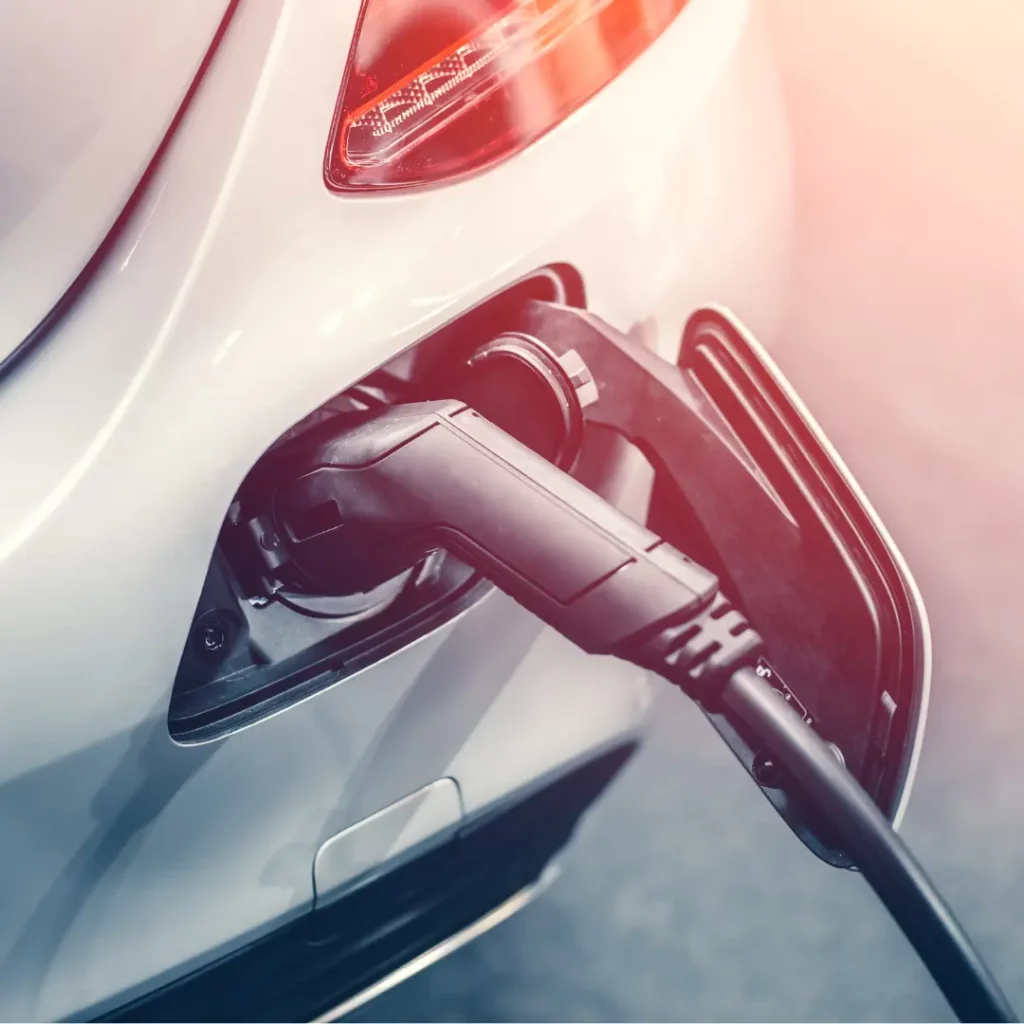
How YoCharge helps
YoCharge is the EV-CMS company. We provide the complete platform stack required by EV Charging Infrastructure businesses.
YoCharge White-labeled EV-CMS is a centralized tool that offers various functionalities to streamline the charging process, monitor charging stations, and provide a seamless experience for both charging station operators and EV users.
